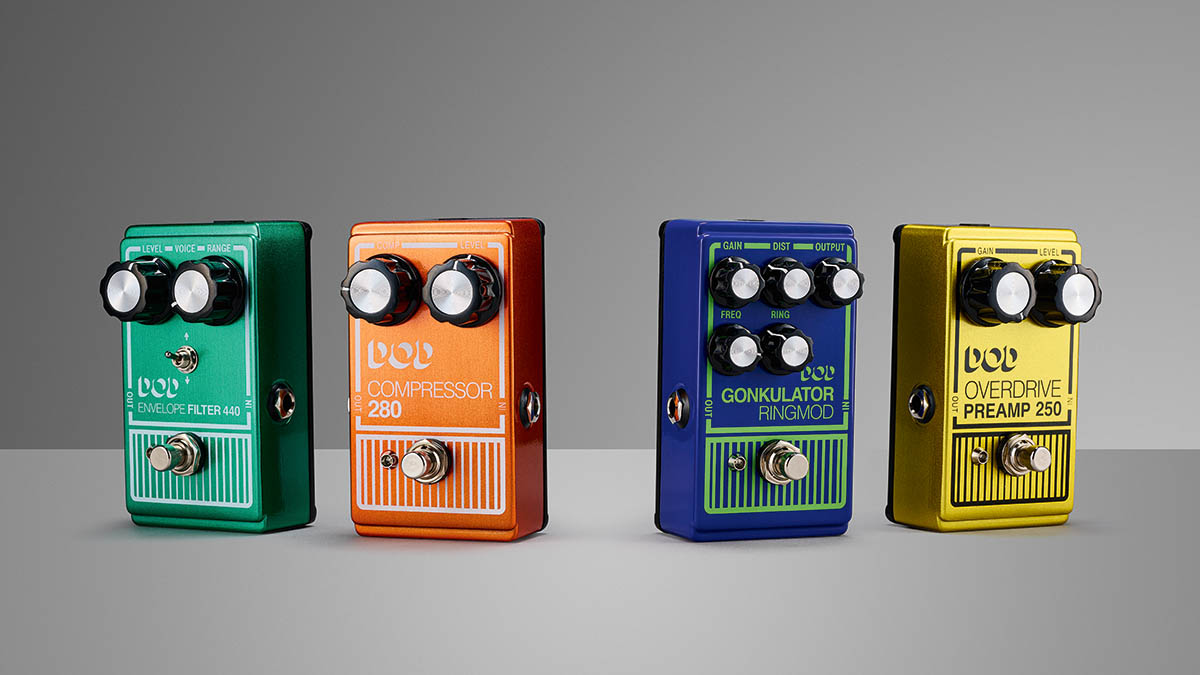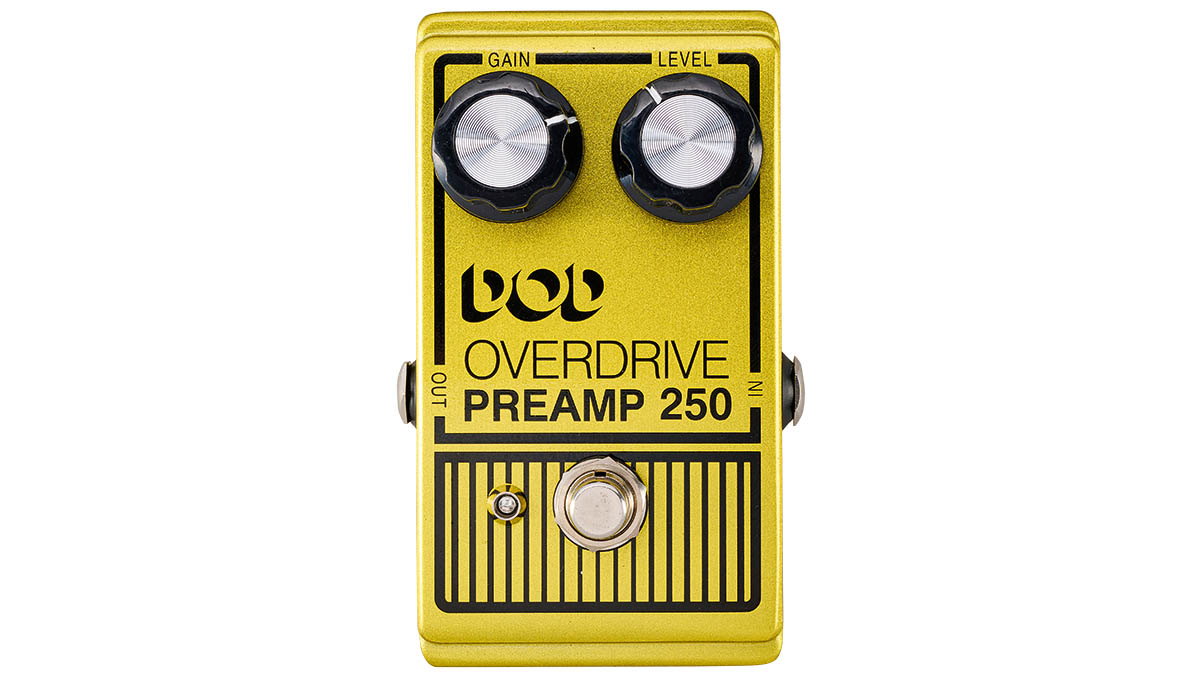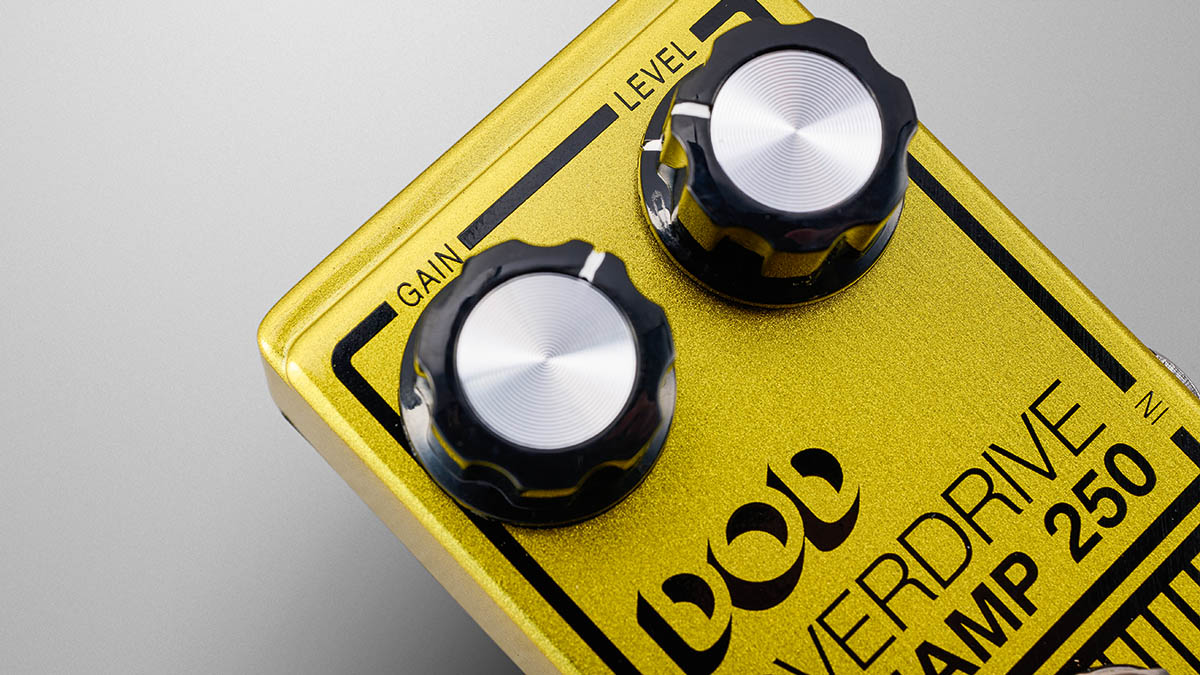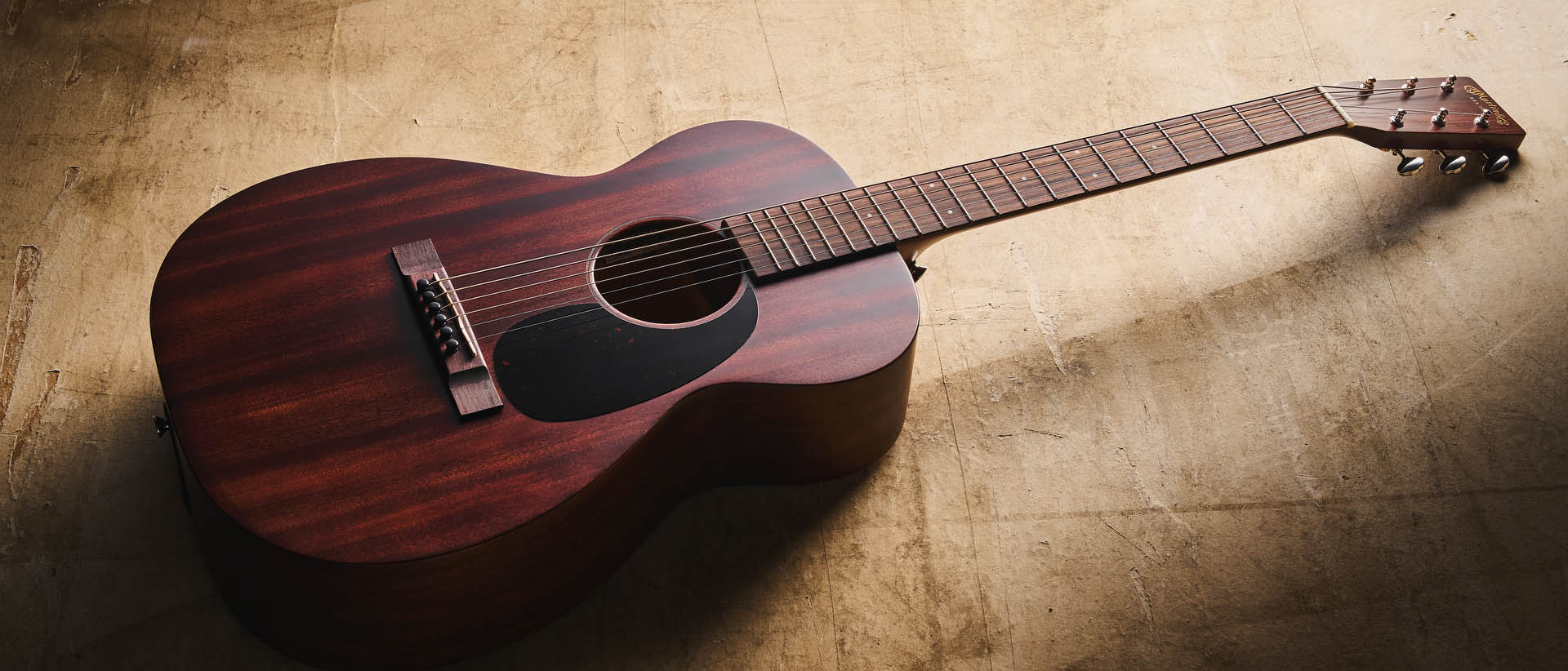Guitar World Verdict
As much as interest in the DOD 250 has increased thanks to influencer videos and famous players, it may struggle to stand out against tough competition. Still, it sounds good and it’s affordable, and that’s enough to warrant some success.
Pros
- +
A lot of volume gain.
- +
A great companion for any tube amp.
Cons
- -
Limited EQ.
- -
Lots of alternatives.
You can trust Guitar World
DOD started in 1973, producing pedals until they were bought out by DigiTech’s parent company in 1990. Occupying a similar place in the market to MXR, its stompboxes were most commonly found in the US, using the marketing tagline of ‘America’s Pedal’. In its range was a set of staples like drive, chorus and delay that, while hampered by a somewhat dodgy footswitch, remain popular today.
While a number of the units were clones, copies or adaptations of other circuits, several highly original units were built in the 1990s, becoming cult favourites. Many of the ’90s units were designed by Jason Lamb, earning the unofficial name of Lamb-series.
The current series of reissues covers units from both the early ’70s and ’80s series as well as the ’90s boxes. These are all housed in lighter-weight aluminium enclosures with true bypass and the now-standard 9V DC power jack. For the more ‘standard’ pedals, the attraction is partly their workhorse reputation and partly price. Some are quite different to competitors at a comparable price point, such as the Compressor 280.
Like many vintage pedals, where there’s a cachet around them, any boutique clones or reissues are expensive enough to miss the point of why they were popular in the first place. As a result, these reissues are somewhat timely, even though some will look familiar from the 2010s.

In the last 10 years, employee Tom Cram successfully made the case for revitalizing the brand. DOD was given licence to experiment, making new pedals like the Carcosa and Rubberneck delay. They also broke new ground, producing collaboration pedals like the Boneshaker. This was abruptly shuttered towards the end of the decade.
This series of reissues was announced following DOD/DigiTech being bought out by Cor-Tek, the parent company of Cort guitars. Tom and various other employees have been reinstated, and it looks like DOD may once again be a going concern. These new reissues thus seek to achieve greater authenticity than past reissues, while also marking a return of ambition to DOD.
The DOD Preamp 250 was originally a lightly modified MXR Distortion+ with a few part changes. There have been several reissues, including one using the JRC4558 op-amp found in the Tube Screamer, as well as one using a KA4558 chip. This reissue returns to the LM741, the chip in the original, mirroring the bill of materials for the Distortion+.
All the latest guitar news, interviews, lessons, reviews, deals and more, direct to your inbox!
Where the pedals differ in tone is in their diodes. The Distortion+ used germanium diodes, while the 250 employed silicon diodes. When the circuit is so simple, the type of clipping diodes makes a big difference in terms of overall tone and feel. Especially when arranged in a hard-clipping configuration, the parts choice matters greatly for headroom and timbre. For such a lean circuit, the 250 is relatively articulate and punchy as a distortion.

However, as the preamp name suggests, it functions best at lower and mid gain settings with the level up. Its lack of proper tone controls limits its utility as a pre, forcing reliance on an amp or EQ following the 250. That said, there’s a lot of volume gain on offer, and it does a brilliant job of pushing tube amps into saturation.
It also stacks well with other pedals. Like the Distortion+, it is commonly paired with a fuzz pedal for extra gain and compression. This can effectively distinguish lead parts from rhythm, where some pedals like the Big Muff, with its mid scoop, can get lost in the mix.
Perhaps the biggest drawback to the Preamp 250 is that, while it’s undoubtedly simple and effective, there are so many alternatives today. For an open-sounding preamp, there are boost and preamp pedals and transparent drives like the Timmy, which boast better EQ options.
Specs
- PRICE: $109 / £99
- TYPE: Overdrive/preamp pedal
- FEATURES: LM741 OpAmp circuit
- SOCKETS: Input, Output, Power
- CONTROLS: Gain, Level
- BYPASS: True bypass
- POWER: 9VDC centre-negative or battery
- CONTACT: DigiTech
Alex Lynham is a gear obsessive who's been collecting and building modern and vintage equipment since he got his first Saturday job. Besides reviewing countless pedals for Total Guitar, he's written guides on how to build your first pedal, how to build a tube amp from a kit, and briefly went viral when he released a glitch delay pedal, the Atom Smasher.


